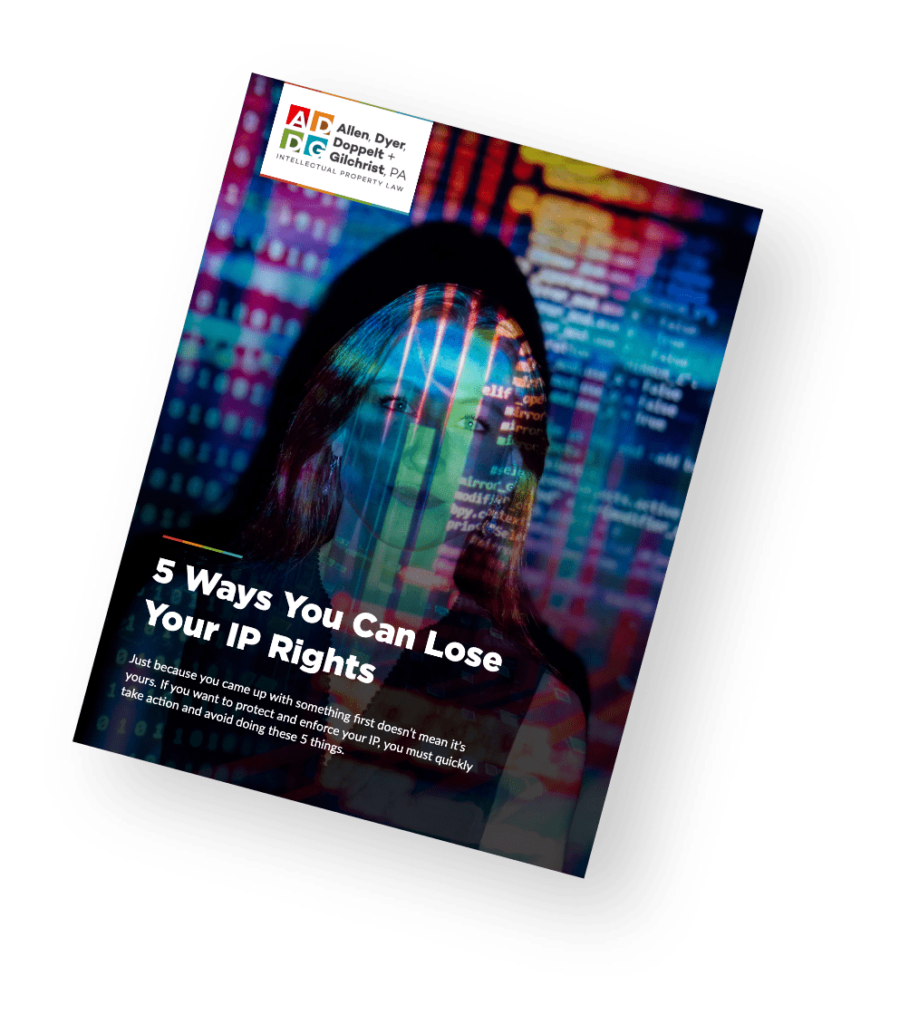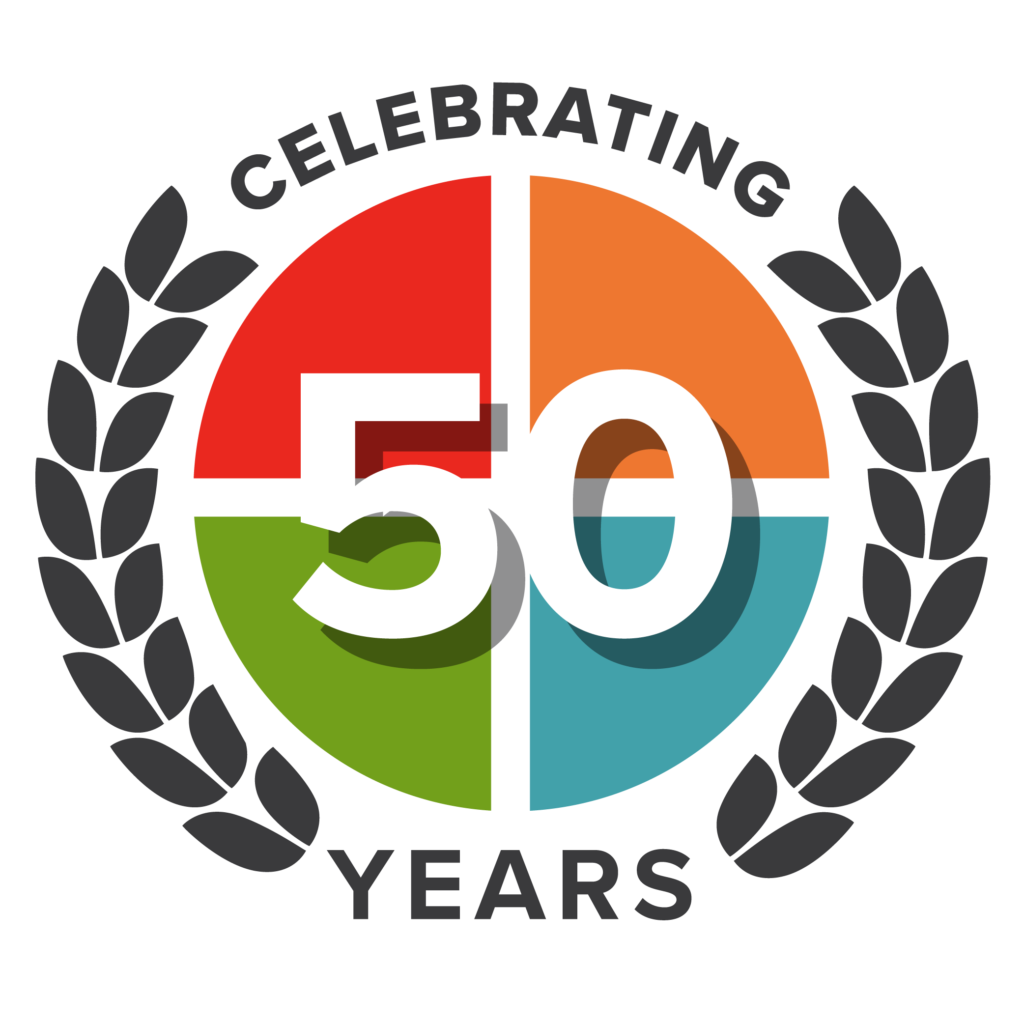Robert Thornburg, January 15, 2016
The Freedom from Unwarranted Surveillance Act (“Act”), recently enacted on July 1, 2015 as Florida Statute § 934.50 et seq. makes it illegal for: (1) a law enforcement agency to use a drone to gather information without a warrant; and (2) a drone operator to record images of a privately owned property or of the owner, tenant, occupant, invitee, or licensee of such property, in violation of a person’s reasonable expectation of privacy without the individual’s consent. Fla. Stat. §934.50(3)(a-b). As of 2015, forty-five states have considered 165 bills related to the growing use of drones and the issues that they create. Twenty states have passed twenty-six pieces of legislation, while four other states have adopted resolutions related to drones. See chart below. See also http://www.ncsl.org/research/transportation/current-unmanned-aircraft-state-law-landscape.aspx#1 (last visited October 9, 2015).
The Act sets out broad definitions in an attempt to better protect individual’s privacy. For instance, “law enforcement agency” means “a lawfully established state or local public agency that is responsible for the prevention and detection of crime, local government code enforcement, and the enforcement of penal, traffic, regulatory, game or controlled substance laws.” Fla. Stat. §934.50(2)(d). In addition, “a person is presumed to have a reasonable expectation of privacy on his or her privately owned real property if he or she is not observable by persons located at ground level in a place where they have a legal right to be, regardless of whether he or she is observable from the air with the use of a drone.” Fla. Stat. §934.50(3)(b).
Although the statute states that the drone operator has to “intend” to conduct surveillance, surveillance is also defined broadly to offer a wide range of protection to the individual. Under §934.50(2)(e)(1), “surveillance” means the owner is observed with “sufficient visual clarity to be able to obtain information about their identity, habits, conduct, movements, or whereabouts.” Similarly, under §934.50(2)(e)(2), surveillance means the “observation of such property’s physical improvements with sufficient visual clarity to be able to determine unique identifying features or its occupancy by one or more persons. Let’s face it: with the today’s digital cameras and recording devices, pretty much any drone having a camera will have enough visual clarity to identify an individual. Thus, “surveillance” encompasses pretty much any drone.
While this sounds good for Florida homeowners (or any individual living or visiting Florida), advocacy groups have been cautious. According to Consumer Electronics Association (CEA) projections, “the global market for consumer unmanned aircraft systems (UAS) will approach $130 million in revenue in 2015, increasing by more than 50% form 2014; with unit sales of consumer UAS expected to approach 425,000, an increase of 65%.” https://www.ce.org/News/News-Releases/Press-Releases/2015-Press-Releases/CEA-Research-UAS-Could-Reach-1-Million-U-S-Flights.aspx (last visited October 9, 2015). As a result, there will likely be a substantial rise in privacy violations resulting in homeowners being at fault. Case in point, a New Jersey man was arrested and charged with possession of a weapon for unlawful purpose and criminal mischief for shooting down a drone that was flying above his property while his daughter was sunbathing. Seehttp://www.popsci.com/article/technology/man-shoots-down-drone-lawyers-scratch-their-heads (last visited October 9, 2015).
Its important to note that the Act provides standing to any aggrieved party – including the owner, tenant, occupant, invitee, or licensee of privately owed real property – to sue for compensatory damages for violations of this section, injunctive relief to prevent future violations of this section, and reasonable attorney fees of the prevailing party.
While the foregoing denotes the broad privacy protections contemplated by this legislation, the Act does have carve out exceptions where an individual’s privacy is not protected by drone use in certain industries and capacities. One of the noteworthy exceptions is that any individual or entity “engaged in a business or profession licensed by the state” or if a “drone is used only to perform reasonable tasks within the scope or practice or activities under such person’s or entity’s license” can use a drone, and in doing so capture an individual’s image. Thus, real estate professionals, private investigators and potentially even attorneys may be exempt so long as they are using a drone in their professional capacities.
The Act represents a recent string of legislative efforts in Tallahassee gauged at protecting Floridians from unwanted violations of their privacy. Previously, the only statutory protections in Florida that addressed the privacy of individuals with respect to their image or likeness was found in Florida Statute § 540.08. However, that statute only provides a private cause of action for commercial or advertising uses of an individuals’ name, portrait, photograph or other likeness. Thus, a non-commercial use left individuals without redress.
Recently legislation in Florida has sought to protect the privacy of individuals from non-commercial uses of their digital imagery. Case in point is Florida’s recent protections against so called acts of “Revenge Porn.” More specifically, Governor Rick Scott’s “sexual cyberharassment” just took effect October 1, 2015 making it illegal in Florida to post “revenge porn on the Internet.” Governor Scott noted how that “bill makes it a misdemeanor punishable by up to a year in jail to transmit nude pictures with identifying information about the subject of the images, without that person’s consent.” See http://www.reuters.com/article/2015/05/14/us-usa-florida-revengeporn-idUSKBN0NZ2IZ20150514 (last visited Oct. 8, 2015).
With the recent sexual cyberharassment act now in effect, as well as the Freedom from Unwarranted Surveillance Act now on the books, individuals in Florida now have additional privacy rights when it comes to the unwanted and unauthorized uses of their images obtained through drones and related technologies.
If you believe a drone operator has violated your privacy, please contact the firm to discuss your legal rights.
By Chelsea Lockhart and Robert Thornburg
|
States |
Passed |
Adopted |
|
Alabama |
||
|
Alaska |
X |
|
|
Arizona |
||
|
Arkansas |
X |
|
|
California |
X |
|
|
Colorado |
||
|
Connecticut |
||
|
Delaware |
||
|
Florida |
X |
|
|
Georgia |
X |
|
|
Hawaii |
X |
|
|
Idaho |
||
|
Illinois |
X |
|
|
Indiana |
||
|
Iowa |
||
|
Kansas |
||
|
Kentucky |
||
|
Louisiana |
X |
|
|
Maine |
X |
|
|
Maryland |
X |
|
|
Massachusetts |
||
|
Michigan |
X |
|
|
Minnesota |
||
|
Mississippi |
X |
|
|
Missouri |
||
|
Montana |
||
|
Nebraska |
||
|
Nevada |
X |
|
|
New |
X |
|
|
New |
||
|
New |
X |
|
|
New |
||
|
North |
X |
|
|
North |
X |
|
|
Ohio |
||
|
Oklahoma |
||
|
Oregon |
X |
|
|
Pennsylvania |
||
|
Rhode |
X |
|
|
South |
||
|
South |
||
|
Tennessee |
X |
|
|
Texas |
X |
|
|
Utah |
X |
|
|
Vermont |
||
|
Virginia |
X |
|
|
Washington |
||
|
West |
X |
|
|
Wisconsin |
||
|
Wyoming |
Share This



